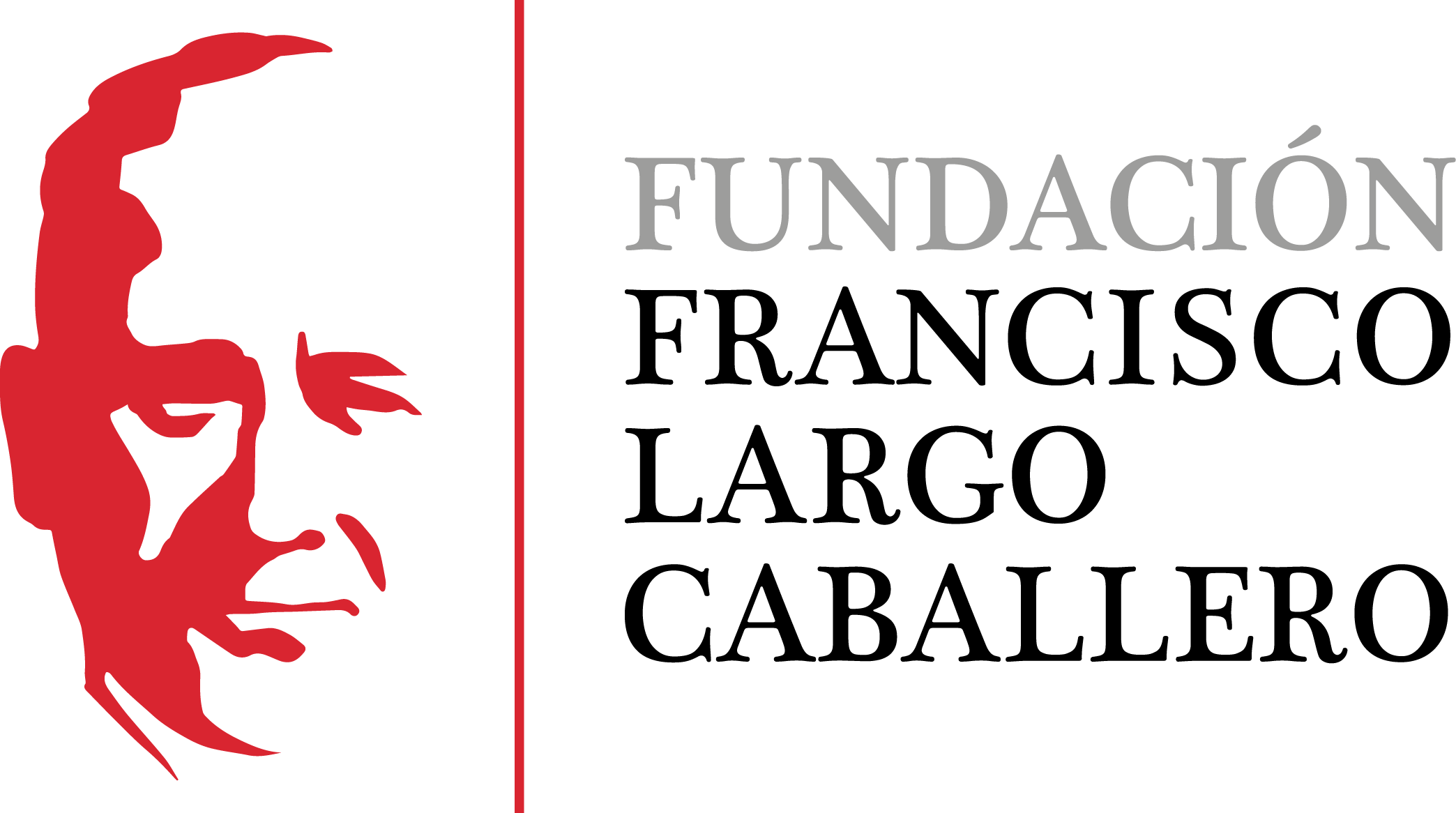El Partido Comunista ruso y el uso de las narrativas de la Guerra Fría durante la «Operación Militar Especial»
DOI:
https://doi.org/10.69791/rahc.49Palabras clave:
Guerra Fría, Partido Comunista de la Federación Rusa, narrativas, Ucrania, Bloque occidentalResumen
El siguiente artículo aborda la existencia de ideas procedentes de la Guerra Fría presentes en los actuales discursos del Partido Comunista de la Federación Rusa. Esta serie de narrativas han formado parte de la formación política desde su nacimiento, pero el conflicto en Ucrania ha potenciado el uso de estrategias y convicciones que ya habían formado parte del modus operandi del Partido Comunista de la Unión Soviética en los años de su pugna con Estados Unidos y el bloque occidental.
Descargas
Estadísticas globales ℹ️
|
324
Visualizaciones
|
309
Descargas
|
|
633
Total
|
|
Citas
Andronatiy, D.: «Razvitie kommunisticheskoy partii Rossiyskoy Federatsii v usloviyax rosta levyjh nastroeniy», Naychnoe soobshchestvo studentoe XXI stoletiya. Obshchestvennye nauky, n.º 4 (2018), pp. 26-31.
Antoniuk, Y.: «Stepan Bandera´s safeguards: achievements and defeats (1945-1959)», Sjhibhoevropeys´kiy istoriyniy Visnik, n.º 9 (2018), pp. 108-118. DOI: https://doi.org/10.24919/2519-058x.9.150352
Diligensky, Guerman y Chugrov, Sergei: «The West» in Russian Mentality, Brussels, Office for Information and Press, Moscow, Institute of World Economy and International Relations, 2000.
Faraldo, J. M.ª: El nacionalismo ruso moderno, Madrid, Báltica Editorial, 2020.
Faraldo, J. M.ª: «El renacer del nacionalismo ruso (1968-1991)», Papeles del Este, vol. 2, n.º 3, (2002), pp. 1-33.
Iliev, A., Ivanova, E. y Petreski, D.: «USSR-China relations in the Cold and post Cold war era», Wulfenia Journal, vol. 22, n.º 3 (2015), pp. 313-326.
Ishiyama, J.: «Party organization and the political success of the communist successor parties», Social Science Quarterly, vol 82, n.º4 (2001), pp. 844-862. DOI: https://doi.org/10.1111/0038-4941.00063
Johnson, M. R.: «Russian Nationalism and Eurasianism: The Ideology of Russian Regional Power and the Rejection of Western Values», Center for Syncretic Studies, vol. 2 (2014), pp. 1-83.
Kandyba, R.: «Evoliutsiya partiy levoy chasti politicheskogo spektra v Rossiyskoy Federatsii», Universitetskie chteniya (2016).
Katchanovski, I.: «The Organization of Ukrainian Nationalists, the Ukrainian Insurgent Army, and the Nazi Genocide in Ukraine», en Simon Wiesenthal Conference, 2013, pp. 1-43.
Kozyrev, M.: «Sotsial´noe polozhenie ‘levoy’ kontrelity v sovremennoy Rossii (na materialajh publikatsiy predstaviteley Kommunisticheskoy partii Rossiyskoy Federatsii)», Sotsial’naia politika i sotsiologiya, tom. 18, n.º 130 (2019).
Kuzio, T. y D’Anieri, P.: «The Soviet Origins of Russian Hybrid Warfare», en T.
Kuzio y P. D’Anieri, The sources of Russia´s Great Power Politics: Ukraine and the Challenge of the European Order, Bristol, E-International Relations, 2018, pp. 1-24.
Lassila, J. y Nizhnikau, R.: «Communist parties in Russia, Ukraine and Moldova: Struggling with popular demands», Finish Institute of International Affairs, n.º 248 (2018), pp. 3-8.
Lebedev, I.: «Ideologicheskiy faktor v partiynom stroitel´stve rossiyskoy federatsii v 1992-2003 godajh», Izvestiya Rossiyskogo gosudarstvennogo pedagogicheskogo universiteta, vol. 7, n.º 21 (2006), pp. 71-77.
Maloa, J. M.: «O lugar do marxismo em Moçambique: 1975-1994», Revista Espaço Académico, n.º 122 (2011), pp. 86-92.
Martínez, P.: «De amigos a enemigos: las políticas nacionales bolcheviques en la Ucrania soviética y el juicio en Járkov de 1930» en S. Suárez y E. Quero (eds.), Entender Ucrania… en su contexto geopolítico, Granada, Universidad de Granada, 2023.
Petrova, M.: «Kul’turnyy fenomen nostal’gii po CCCP na rossiskom televidenii », Yaroslavskiy Pedagodicheskiy Vestnik, n.º 1, tom. 1 (2005), pp. 51-55.
Pizzolo, P.: Eurasianism: An ideology for the multipolar world, Lexington, Lexington Books, 2020. DOI: https://doi.org/10.5771/9781793604804
Poe, Marshall: «Moscow, the Third Rome: The Origins and Transformations of a «Pivotal Moment»», Jahrbücher für Geschichte Osteuropas, n.º 3 (2001), pp. 1-26.
Rekść, M.: «Nostalgia for communism in the collective imaginations», Procedia-Social and behavioral sciences, vol. 183 (2015), pp. 105-114. DOI: https://doi.org/10.1016/j.sbspro.2015.04.852
Rossolinski-Liebe, G.: Stepan Bandera: The life and afterlife of a Ukrainian nationalist, Stuttgart, Ibidem Verlag, 2018.
Rowley, D.: Russian Nationalism and the Cold War, The American Historical Review, vol. 99, n.º1 (1994), pp. 155-171. DOI: https://doi.org/10.2307/2166166
Seixas, X. M.: Volver a Stalingrado: el frente del este en la memoria europea, 1945-2021, Barcelona, Galaxia Gutenberg, 2022.
Sheikh, A. T.: The ideological foundations of Soviet third world policy: A study of Brezhnev era (1964-82), Strategic Studies, vol. 8, n.º 2 (1985), pp. 53-69.
Snyder, T.: The Reconstruction of Nations: Poland, Ukraine, Lithuania, Belarus, 1569-1999, Yale, Yale University Press, 2002.
Suny, R. G.: «The contradictions of identity: being Soviet and national in the USSR and after», en M. Bassin y C. Kelly (eds.), Soviet and post-Soviet identities, Cambridge, Cambridge University Press, 2012, pp. 17-36. DOI: https://doi.org/10.1017/CBO9780511894732.003
Wegren, S.: «The communist party of Russia: rural support and implications for the party system», Party Politics, vol. 10, n.º5 (2004), pp. 1-28. DOI: https://doi.org/10.1177/1354068804045388
White, S.: «Soviet nostalgia and Russian politics», Journal of Eurasian studies, vol. 1, n.º 1 (2010), pp. 1-9. DOI: https://doi.org/10.1016/j.euras.2009.11.003
Descargas
Publicado
Cómo citar
Número
Sección
Licencia
Derechos de autor 2024 Pablo Martínez Sánchez

Esta obra está bajo una licencia internacional Creative Commons Atribución 4.0.
Alcores es una revista de acceso abierto. Facilita el acceso sin restricciones a sus contenidos desde el momento de su publicación. Respetamos los derechos de propiedad intelectual y, por ese motivo, el autor conserva los derechos de autor. Todos los contenidos se distribuyen bajo una licencia de uso y distribución Creative Commons Reconocimiento 4.0 Internacional (CC BY 4.0). Las condiciones de la licencia se pueden consultar en https://creativecommons.org/licenses/by/4.0/
Con esta licencia se permite compartir (copiar y redistribuir el material en cualquier medio o formato) y adaptar (remezclar, transformar y crear a partir del material para cualquier finalidad), siempre que se reconozca la autoría y la primera publicación en esta revista, se proporcione un enlace a la licencia y se indique si se han realizado cambios.
Este tipo de licencia facilita la libertad de reutilización y asegura que los contenidos de esta revista puedan ser utilizados para las necesidades de investigación.





